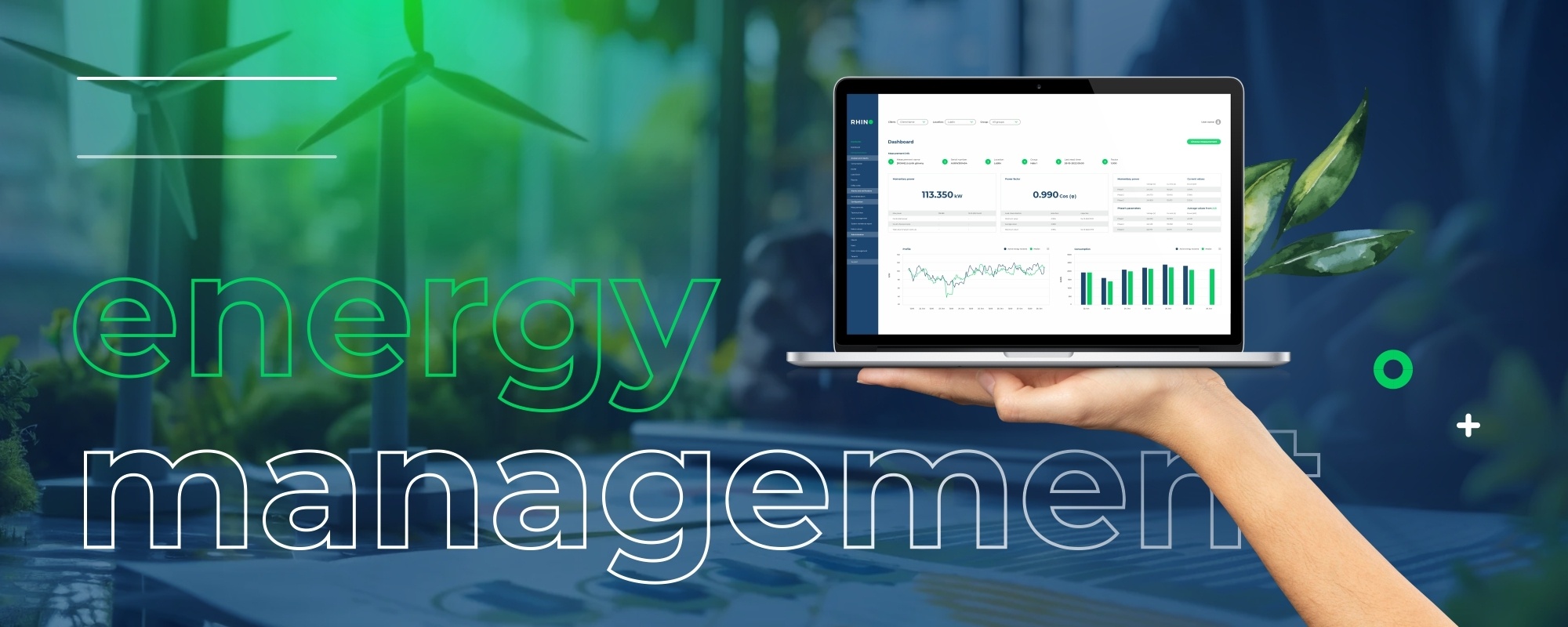
The Role of Energy Management in ESG Compliance
Energy management is a cornerstone of achieving Environmental, Social, and Governance (ESG) compliance. As global attention on sustainability intensifies, businesses face mounting pressure to align their operations with ESG goals. Effective energy management is not just a regulatory requirement but also a strategic advantage that drives cost savings, boosts efficiency, and enhances corporate reputation.
Why Energy Management Matters in ESG Compliance
Energy management directly impacts the environmental component of ESG by addressing carbon emissions, energy efficiency, and renewable energy use. Regulatory frameworks like the EU Taxonomy or the SEC’s climate disclosure rules demand organizations to monitor and report their environmental impacts. Here’s why prioritizing energy management is essential:
- Reducing Carbon Footprint: Optimizing energy usage lowers greenhouse gas emissions, a key metric for ESG reporting.
- Cost Efficiency: Lower energy consumption reduces operational costs, freeing up resources for sustainability initiatives.
- Investor Confidence: Demonstrating commitment to energy efficiency enhances trust among ESG-focused investors.
- Regulatory Compliance: Meeting energy benchmarks avoids penalties and ensures long-term operational viability.
Actionable Energy Management Strategies for ESG Success
Adopting the right energy management practices can set your organization on the path to ESG compliance. Consider the following strategies:
Conduct Energy Audits
Regular energy audits help identify inefficiencies and opportunities for improvement. These audits provide actionable insights to optimize energy use across your portfolio.
Leverage Smart Technology
Use tools like Rhino’s remote energy monitoring solution to track real-time energy consumption. Smart systems enable data-driven decisions, automated alerts, and enhanced tenant engagement through energy apps.
Transition to Renewable Energy
Switching to renewable energy sources like solar or wind significantly lowers carbon emissions and improves ESG ratings. Partner with energy providers that align with your sustainability goals.
Engage Stakeholders
Involve all stakeholders—from tenants to property managers—in energy-saving initiatives. Transparent communication ensures alignment and boosts participation.
Monitor and Report Progress
Use platforms integrated with Rhino’s API to streamline ESG reporting. Accurate data helps showcase your commitment to sustainability and satisfies regulatory requirements.
The Link Between Energy Management and ESG Goals
Energy management is integral to achieving broader ESG goals. For example:
- Environmental: Minimizing resource consumption and emissions contributes directly to global climate targets.
- Social: Energy-efficient buildings enhance tenant comfort and reduce utility costs, improving quality of life.
- Governance: Transparent energy reporting demonstrates accountability and builds stakeholder trust.
Empowering ESG Compliance with Rhino
Rhino is the global #1 remote energy & utility monitoring solution, delivering accurate, real-time insights tailored for ESG compliance. From automating data collection to engaging tenants with intuitive apps, Rhino empowers real estate businesses to meet their sustainability goals.
Learn more about how Rhino’s solutions can drive ESG compliance for your organization. Contact us today to get started!


